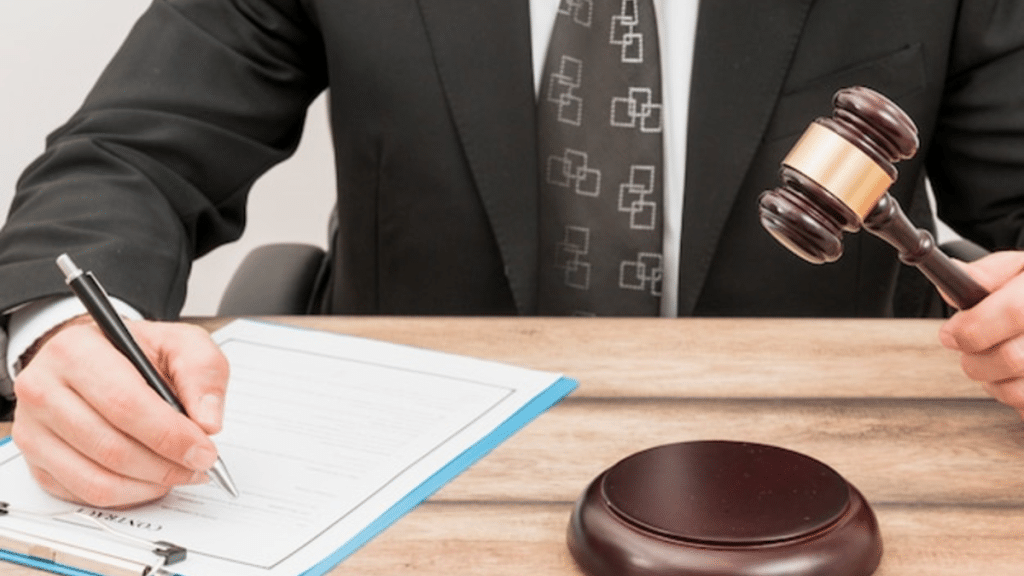Respondeat superior in Latin translates to “let the master answer.” This legal doctrine holds employers answerable for the employee’s wrongful actions that occur in the duration of employment.
It is an important principle in personal injury law, where victims seek compensation from the employer for their employee’s negligence. Understanding the legal standing of the respondeat superior clause can help claimants win workplace-related claims.
The Role of Respondeat Superior in Employer Liability
Often, business organizations employ thousands of workers who perform duties, some of them hazardous, in Arlington, Washington. An accident caused by the employee when carrying out job-related work can make the employer legally responsible under respondeat superior.
An Arlington, Washington, injury lawyer can help the victim by determining the employer’s liability and its degree, applying it to the case, and getting you the rightful compensation.
To make an employer accountable under respondeat superior, three key elements should be proven:
1. Employer-Employee Relationship – The responsible individual should be an employee and not an independent contractor.
2. The Act Occurred Within the Scope of Employment – The accident or the wrongful act should have occurred in the line of duty.
3. The Employee’s Conduct Benefited the Employer – The act should have been carried out to further the employer’s interests or business operations.
Common Personal Injury Cases Involving Respondeat Superior
Various personal injury claims arise from employer-employee relationships. Some of the most common scenarios include:
- Car Accidents Involving Company Vehicles: Employees, such as delivery drivers or sales representatives who drive company vehicles for work purposes, can cause accidents. The employer will be held responsible, as it was a discharge of duty.
- Medical Malpractice: Hospitals and healthcare institutions, including nurses and doctors, can be made accountable for their actions while discharging their professional duty.
- Slip and Fall Accidents: The employer can be held responsible for the injuries caused by the employee failing to maintain safe and clean premises.
- Construction Site Injuries: The construction companies can be held liable due to employees’ failure to maintain equipment, such as improper use or failure to follow safety protocols, leading to a worker or pedestrian sustaining injuries.
Exceptions and Limitations to Respondeat Superior
Despite the laws holding the employers responsible, it also has checks in place to prevent unlawful exploitation of the law. An employer cannot be held liable if:
- If the employee was engaged in an activity not related to work or private.
- If the employee was involved in an act outside their job’s sphere, such as an intentional criminal act.
- If the employee was a contractual employee rather than a direct employee.
The court will analyze on a case-by-case basis to determine liability.
The Importance of Legal Representation
- The employment relationship and the circumstances of the incident should be investigated, as it can be a complex and in-depth study.
- Gathering evidence such as employment records, accident reports, and witness statements to establish employer liability is a must for seeking compensation.
Experienced legal personal injury professionals can help victims understand their rights and build strong cases. The attorneys can negotiate claim amounts and, on failure, represent clients in court to secure fair settlements or verdicts.
Employer Liability and Insurance Coverage
Businesses have liability insurance to cover such damages arising from employee negligence. The insurance companies may attempt to minimize payouts or deny claims using many arguments. A legal counsel can challenge such moves to ensure full compensation.
Final Thoughts
Respondeat superior is a crucial legal personal injury law that ensures that employers are responsible for their employees’ acts of harm. A thorough understanding of this principle can help the victims obtain compensation and hold the responsible party accountable for their actions.
